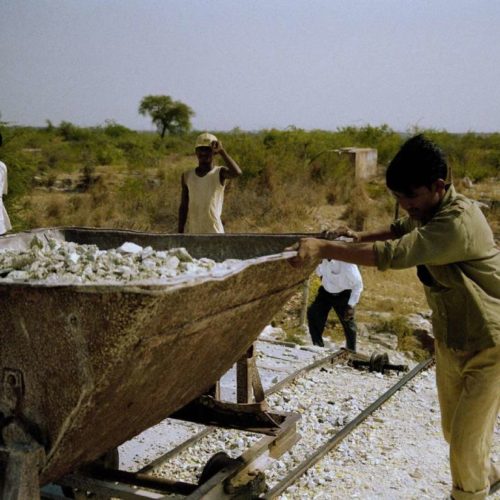Introduction
Canada reinforced its reputation as a public health outcast this week by declining to support the inclusion of asbestos on a toxics blacklist.
At a United Nations meeting Wednesday in Geneva, the head of the Canadian delegation stunned other attendees by announcing that Canada opposed the listing of white, or Chrysotile, asbestos, under Annex III of the Rotterdam Convention. The treaty requires would-be exporters of toxic substances to warn and obtain permission from developing nations before sending their products abroad. Canada remains a major exporter of Chrysotile asbestos to India and other countries in Asia and Latin America.
“The federal government’s sabotaging of the United Nations treaty in Rotterdam shames ordinary Canadians,” Jim Brophy, an adjunct assistant professor of sociology at the University of Windsor, wrote in an e-mail to iWatch News on Thursday.
“This disgraceful conduct is not only contributing to the reckless endangerment of thousands of asbestos-exposed workers in developing countries but is further eroding Canada’s international reputation for human rights and cooperation,” said Brophy, former executive director of two occupational health clinics in Ontario.
A global network of trade groups and scientists spent at least $100 million since the mid-1980s to market asbestos in nations such as India, China and Mexico, an investigation last year by the Center for Public Integrity’s International Consortium of Investigative Journalists and the British Broadcasting Corp. found. The effort has been largely coordinated by the Montreal-based Chrysotile Institute, a lobbying and research group that contends Chrysotile asbestos – the only type mined and sold today – can be used safely under controlled conditions.
Many scientists and bodies such as the World Health Organization dispute this, saying that no form or quantity of asbestos can be used without risk. The WHO says that 125 million people encounter asbestos in the workplace, and the International Labor Organization estimates that 100,000 workers die each year of asbestos-related diseases such as mesothelioma and lung cancer.
Asbestos is banned or restricted in 52 countries.
Canada’s refusal to endorse the listing of asbestos under the Rotterdam Convention drew sharp rebukes from the Canadian media. Canada has a long history of defending the mineral, mined in Quebec and used in a variety of building materials.
The Chrysotile Institute and Natural Resources Canada did not respond to interview requests from iWatch News Thursday. The industry has said that society can “safely benefit” from asbestos.


Join the conversation
Show Comments